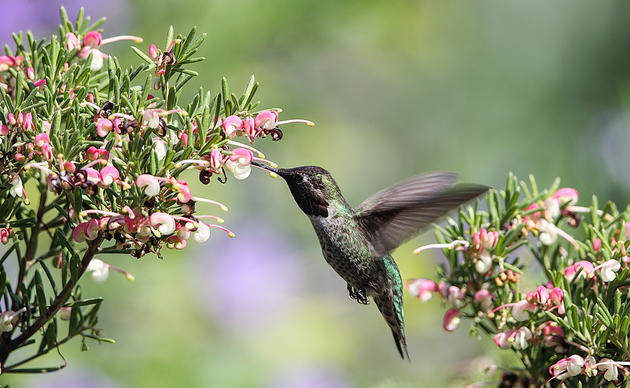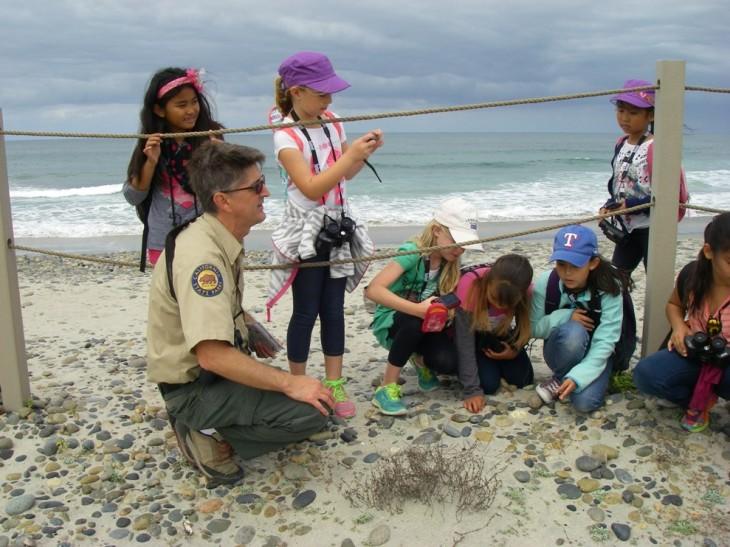
We are happy to announce that the following chapters will receive funding through the 2018 Audubon Collaborative Grant Program:
- Buena Vista Audubon Society
- Eastern Sierra Audubon Society
- Los Angeles Audubon Society
- Napa-Solano Audubon Society
- Sacramento Audubon Society
- San Diego Audubon Society
- Santa Barbara Audubon Society
- Yolo Audubon Society
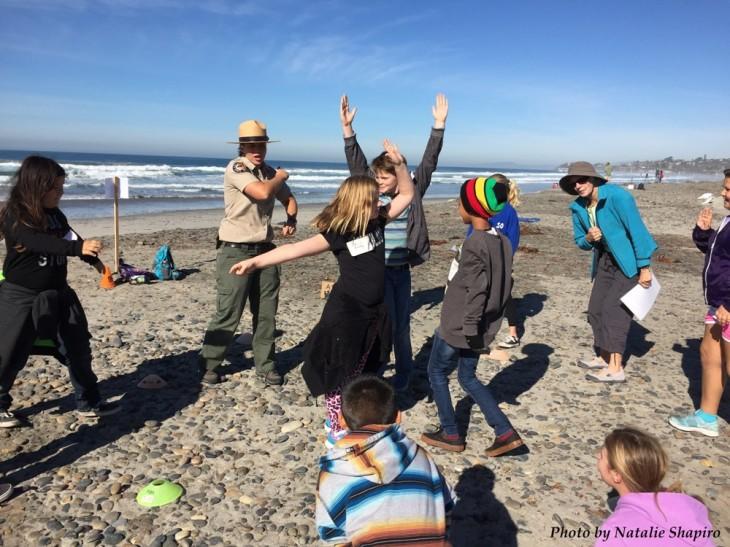
Buena Vista Audubon – Sharing Our Shores education program
Through Audubon’s Sharing Our Shores program, Buena Vista Audubon Society will educate 250 students on the Western Snowy Plover and California Least Tern. Students will learn about shorebird biology and conservation, visit a beach to learn why shorebirds and their habitat are important and create posters alerting beachgoers about the birds.
Eastern Sierra Audubon – Interpretive Signage at Black Lake Preserve
Eastern Sierra Audubon Society will increase public awareness and appreciation for the Black Lake Preserve in the Adobe Valley Important Bird Area (IBA) by providing interpretive and educational signage on site. The Black Lake Preserve contains a rare alkali lake and wetland habitats that act as an important stopover site for migrant waterbirds and shorebirds.
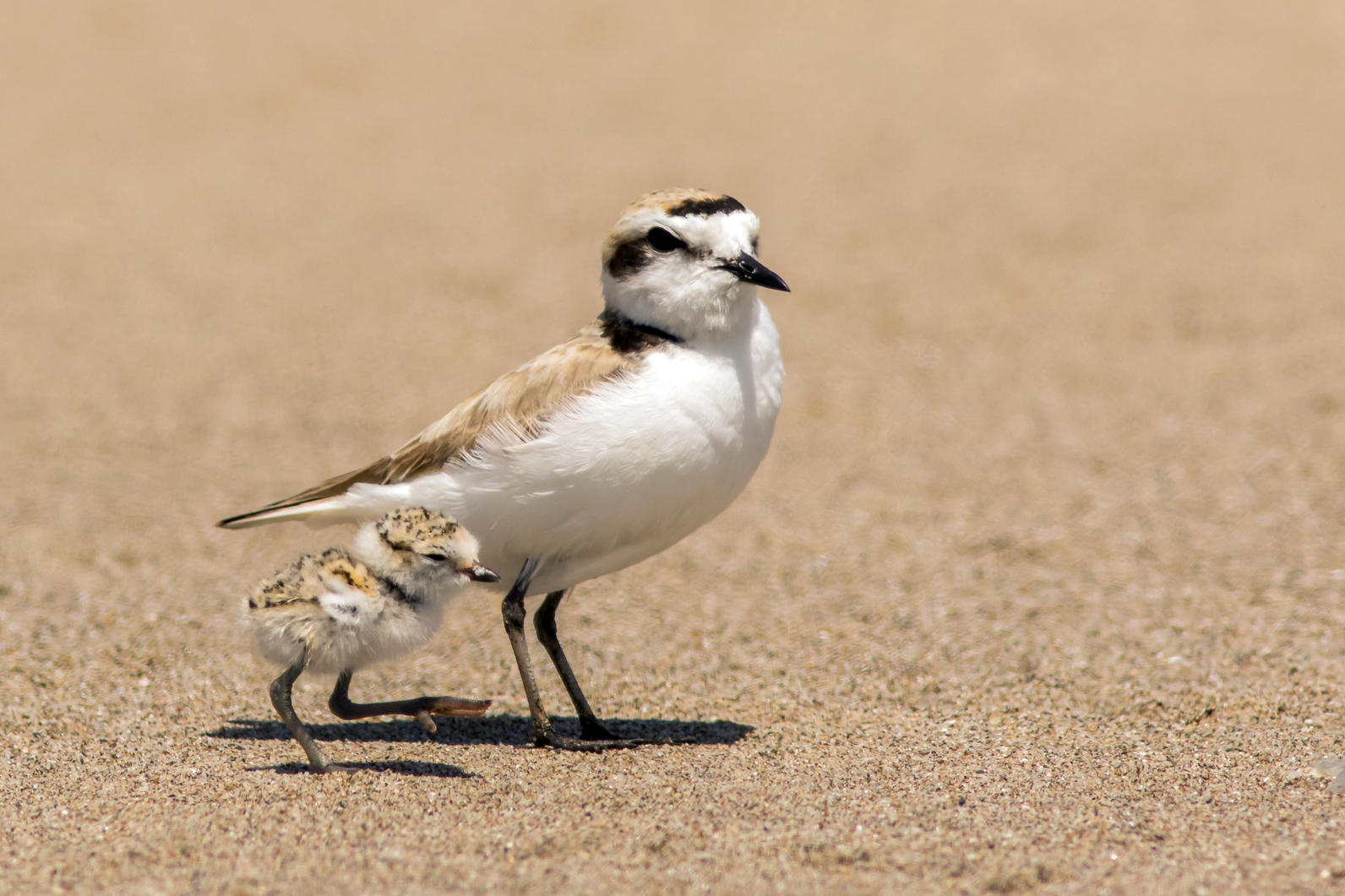
Los Angeles Audubon – Western Snowy Plover monitoring program
In collaboration with Palos Verdes/South Bay Audubon, Santa Monica Bay Audubon, and Sea & Sage Audubon, LA Audubon will continue its year-round monitoring of the Western Snowy Plover on Los Angeles and Orange County beaches. The monitoring program includes a community science plover monitoring program, roost and nest surveys conducted by biologists, set-up and maintenance of protective enclosures in collaboration with beach management agencies, and plover conservation-themed outreach programs to the general public and local schools.
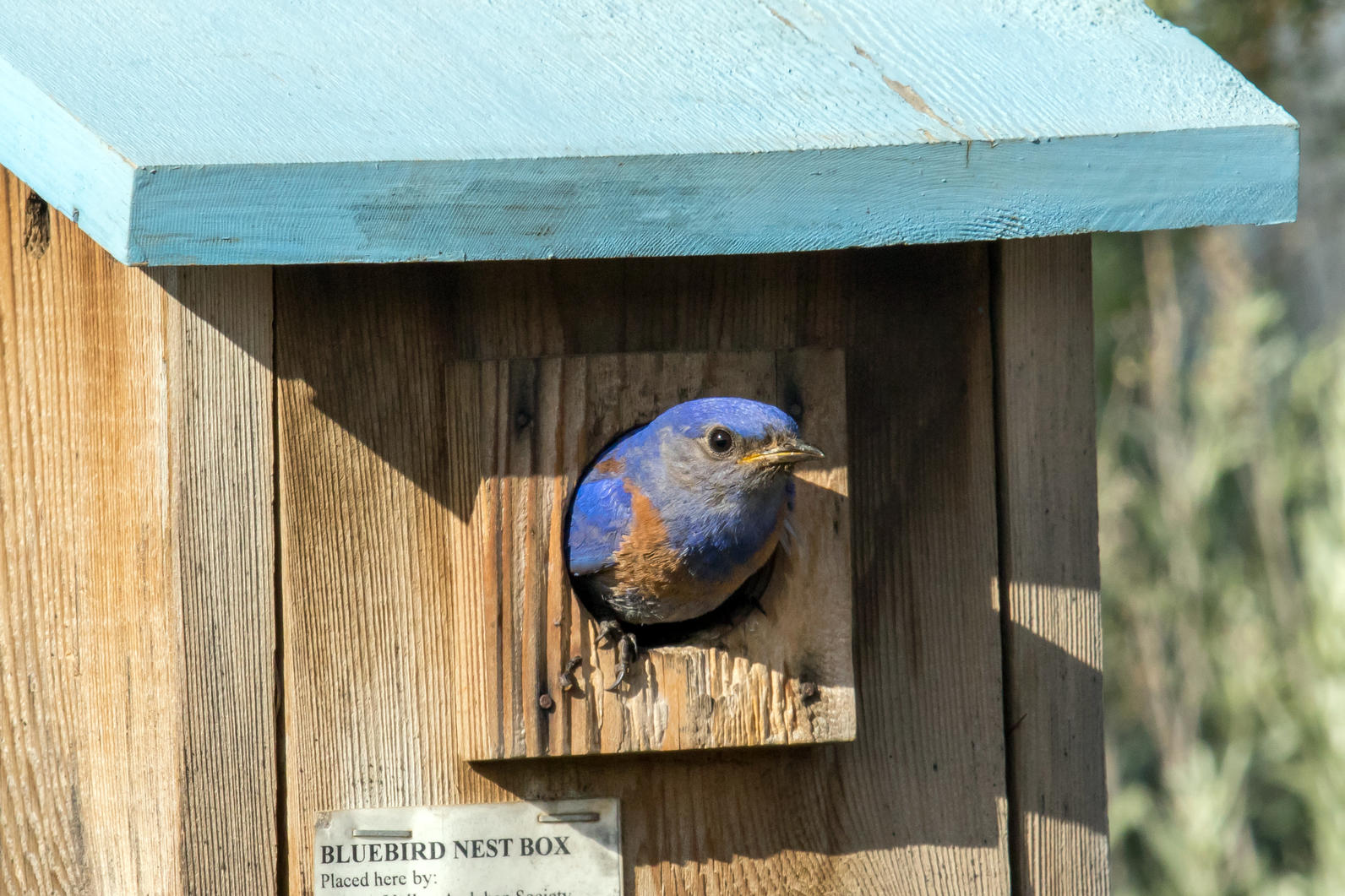
Napa-Solano Audubon – Bluebird Nestbox Monitoring Program
Napa-Solano Audubon will develop its Bluebird Nestbox Monitoring Program by replacing 10 aging nestboxes at Alston Park in Napa. Educational posters about the Climate Threatened Western Bluebird, nestboxes and nestbox care will be developed and displayed at kiosks at Alston Park.
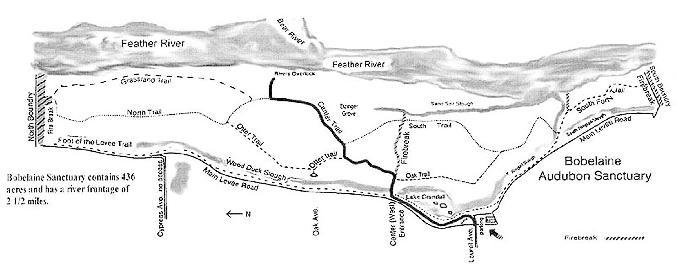
Sacramento Audubon – Maintenance and education program at Bobelaine Sanctuary
The Sacramento Audubon Society will work with the Sacramento Regional Conservation Corps (SRCC) to help maintain trails and access at the Bobelaine Sanctuary. As part of this partnership, the Sacramento Audubon Society will provide an Environmental Education Program to the SRCC.
San Diego Audubon – ReWild Mission Bay
ReWild Mission Bay is a project of San Diego Audubon to protect and restore up to 200 acres of wetland and associated habitats in Mission Bay, San Diego. The next phase of the project is an outreach and communications initiative to build support amongst City of San Diego officials and community members for full implementation of the ReWild Mission Bay vision.
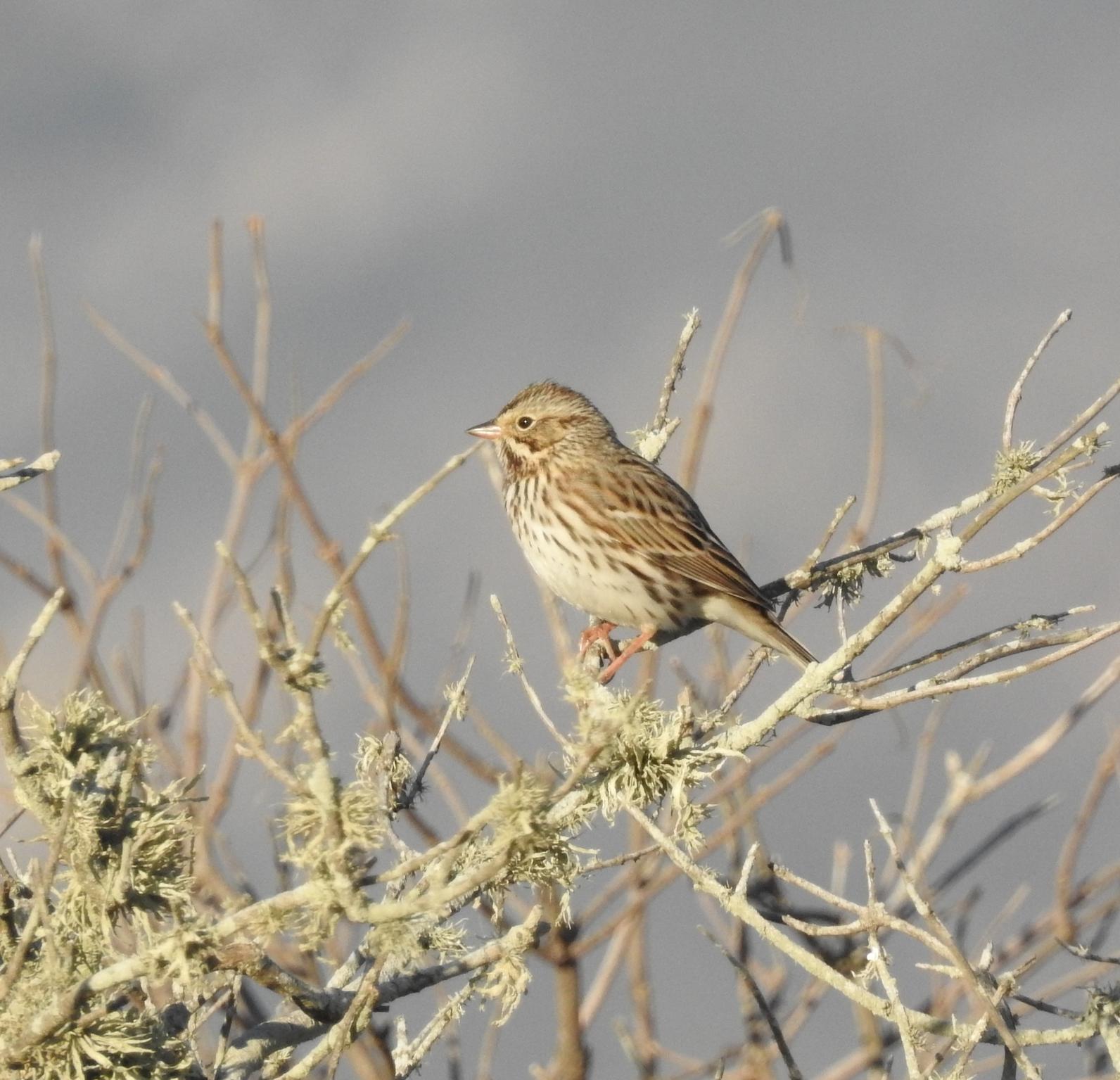
Santa Barbara Audubon – Interpretive Signage at Goleta Coast IBA
Santa Barbara Audubon will design a community-friendly Important Bird Area interpretive sign, which will be installed at multiple locations within the Goleta Coast IBA. Sign design is the first step of a campaign to increase IBA visibility, leading to better protection of birds and habitats.
Yolo Audubon – Training for bilingual park docents
Yolo Audubon will train bilingual docents for outreach programs at Woodland Regional Park to educate the public about the value of wildlife habitats and the protection of endangered species. Woodland Regional Park currently supports habitat for several threatened and endangered species, including Swainson’s Hawks, Tricolored Blackbirds, vernal pool organisms, and seasonal Pacific Flyway birds.
By Ariana Rickard
Monthly Giving
Our monthly giving program offers the peace of mind that you’re doing your part every day.

